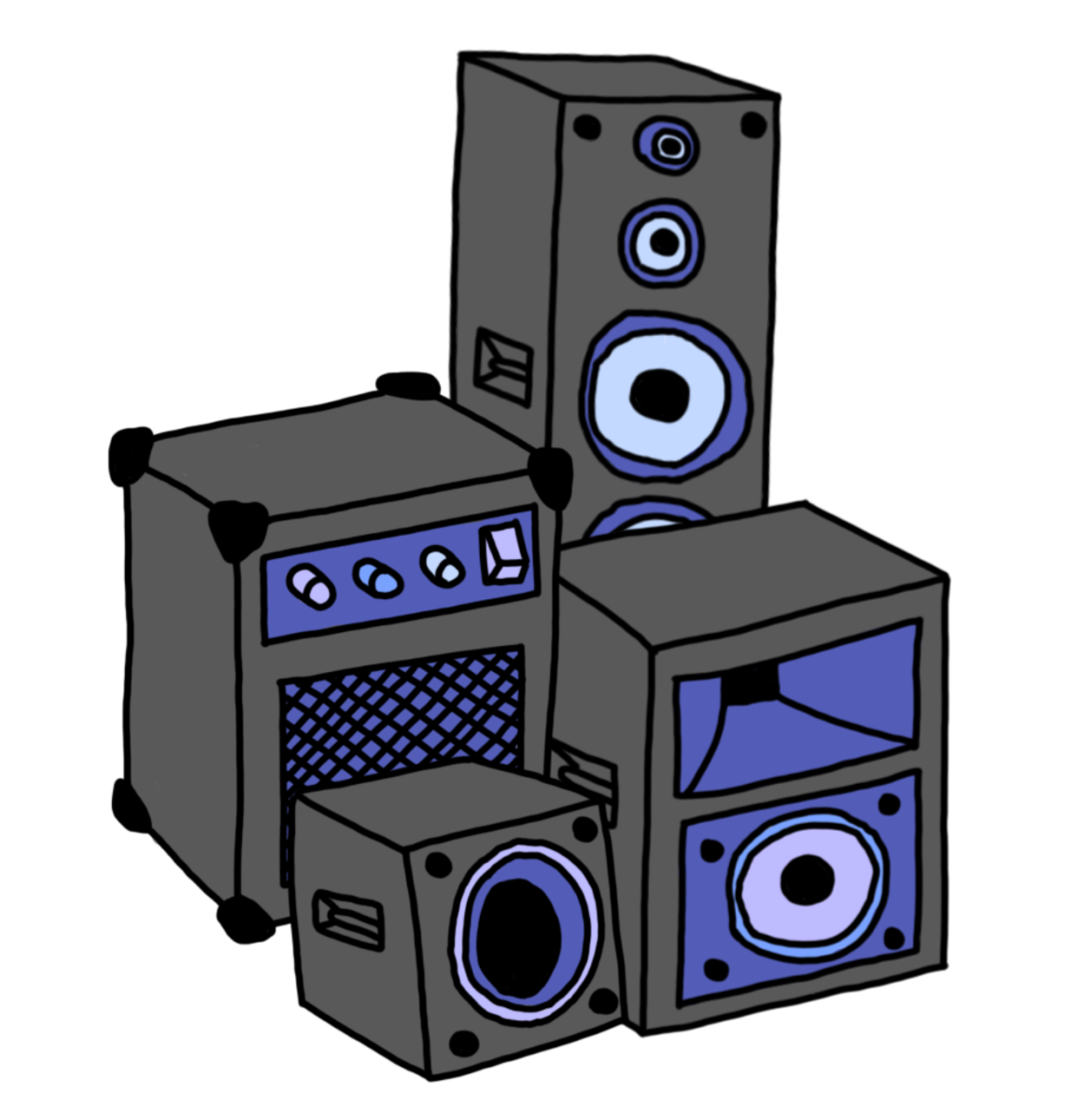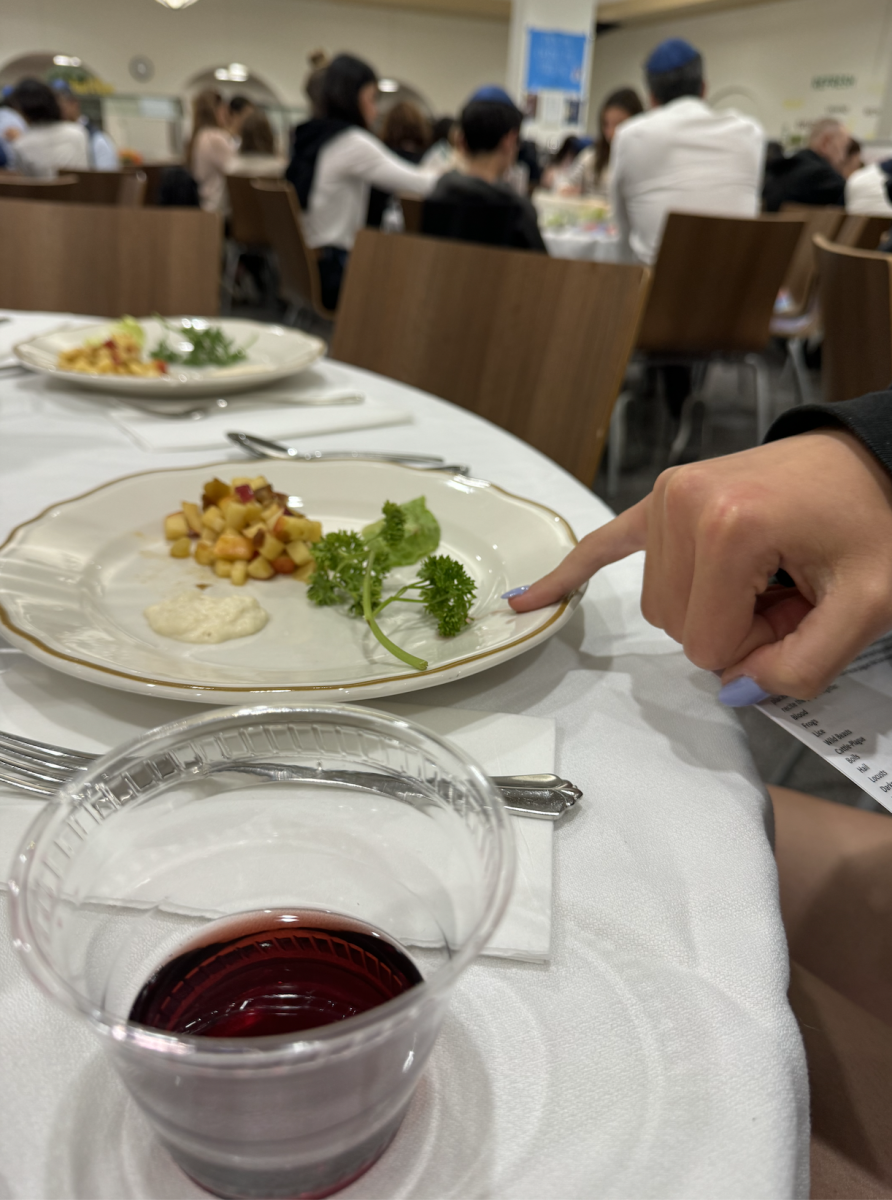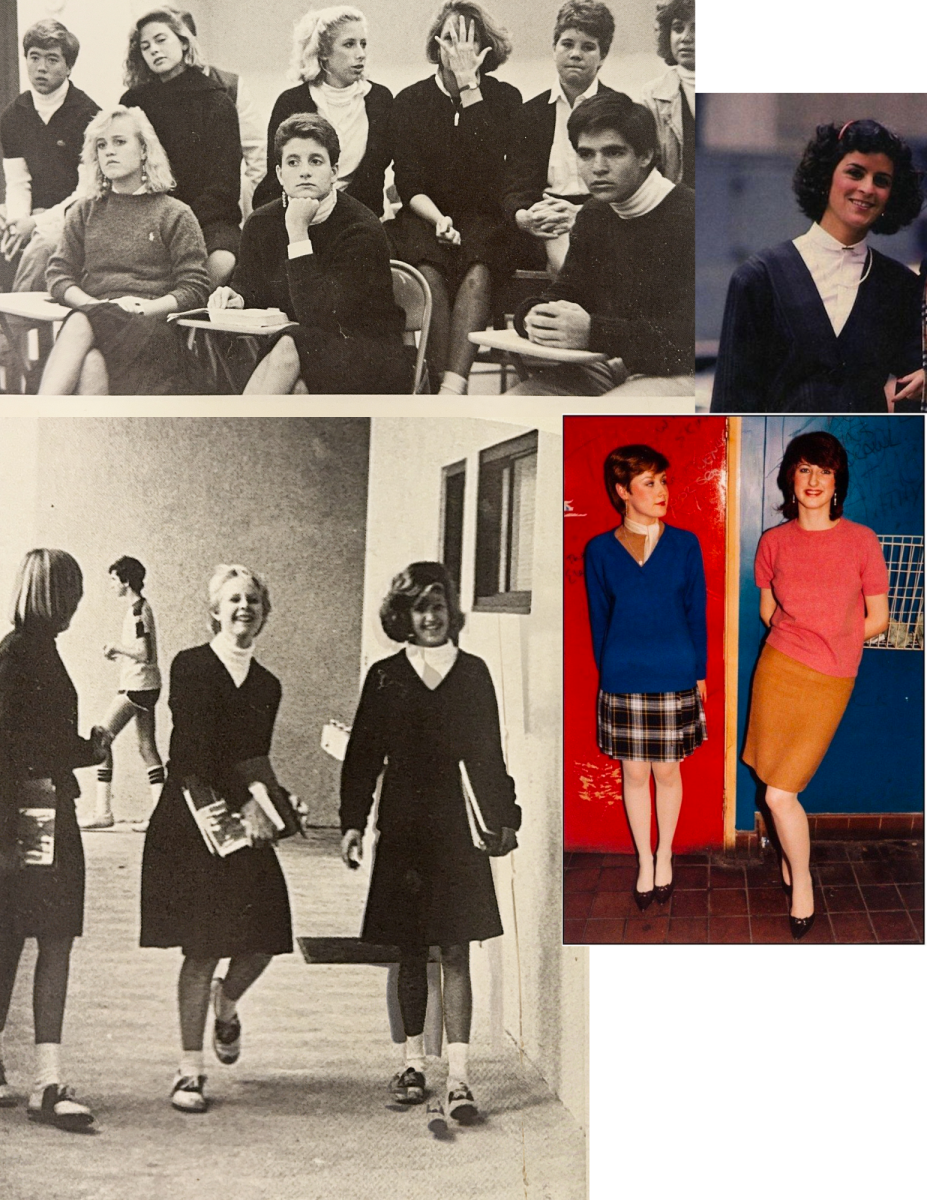Sad music is staring out a dark window into the rain. It is being wrapped in a blanket, holding a cup of tea. It is screaming in the middle of an empty street, sitting unnoticed in a crowded subway, and looking through photo albums of people we miss. It is all of these things and none of them, because while listening to sad music is a fairly universal experience, we still do not know why.
Sad music is a paradox. As Oliver Whang, author of the New York Times article “Why People Listen to Sad Songs,” put it, “We generally don’t enjoy being sad in real life, but we do enjoy art that makes us feel that way.” But what exactly makes art sad? And why do we enjoy it?
According to Director of Choral Music Dr. Christine Micu, “‘Sad’ music in our culture tends to be defined by music in minor keys, and many times by lower and slower notes.” Angelina Kim (‘25), a fan of sad music, agreed, saying that “The minor key encapsulates a feeling of doom and horror.”
But this isn’t always the case. “In Western music, we are taught that minor keys sound ‘sad,’ although Mozarts’ Symphony No. 40 in G minor is one of the ‘happiest’ sounding pieces of music I know,” said Dr. Micu.
The key isn’t the only thing that determines the emotion in a song. “Speaking from a music theory perspective, what draws us to music is the use of consonant and dissonant sounds,” said Dr. Micu. “Dissonances [sounds that clash with each other] create tension, consonances [sounds that complement each other] relieve tension,” which is why dissonance works so well in sad songs.
Lyrics also play a large role. Think Bruce Springsteen’s “Born in the U.S.A.”: an upbeat rock ballad that illustrates the hardships of American veterans, a song that is often misinterpreted as patriotic until you read “I’m 10 years burning down the road / Nowhere to run, ain’t got nowhere to go.”
Sad music also tends to be slower, which is the reason Riley Harmon, one of Music Teacher Mr. Robert Anderson’s sixth grade students, enjoys it. “It slows down what’s happening and is good background music,” he said.
“Just like many people listen to loud, fast tempo music to get hyped up for a big challenge, like a sports game or match,we choose to listen to slower tempo, or more mellow or minor sounding music when we want to think or process feelings of sadness,” explained Dr. Micu.
But this isn’t the only reason we listen to sad music. According to a paper published in the Journal of Aesthetic Education, “Listening to a sad song can give one a sense of genuine connection.” Since sharing emotions, especially negative ones, is a vulnerable act, having someone sing about their sadness can make you feel closer to them — like you have a friend in someone you have never met.
It can also make listeners feel seen and heard, which is the case for Angelina. “They’re going through the same pain that I am [which] makes me feel validated and not alone.” Even if you can’t talk to anyone in your life, you still feel like someone hears you.
According to Haleigh Eastman-Pinto, another one of Mr. Anderson’s sixth graders, “sad music is made to comfort you. When you are sad, sad music feels good to listen to.”
Connection is a powerful feeling, but so is nostalgia. There’s a reason you might tear up when you hear a favorite song of a dead relative or one that played at your childhood dance recital, even if they aren’t considered sad by other people. For Angelina, her most listened-to songs “are my favorites because they have sad memories attached to them,” not necessarily because of lyrics or key.
There are also more scientific reasons that point to why we enjoy sad music. According to a paper published in Sage Journals, “Levels of the hormone prolactin increase when sad — producing a consoling psychological effect.” In other words, listening to sad music makes our bodies think we are sad, so our increased prolactin can make us feel comforted without having to suffer a real loss.
But this doesn’t work for everyone. The study suggests that low prolactin concentrations contribute to an all-around negative listening experience: without the ensuing comfort, sad music makes some people just sad.
“It helps me relax, but if I’m having a bad day it will just make it worse,” commented Jerry Rong, another sixth grader.
Whether or not you enjoy sad music, there is no doubt that it holds significant value. “Music — listening to, performing, creating — is one of the things that defines us as humans, and one of the beautiful things about music is that we all have our own, subjective emotional response to different sounds and combinations of sounds,” concluded Dr. Micu. “I enjoy music that makes me feel all kinds of different emotions, including sad.”









